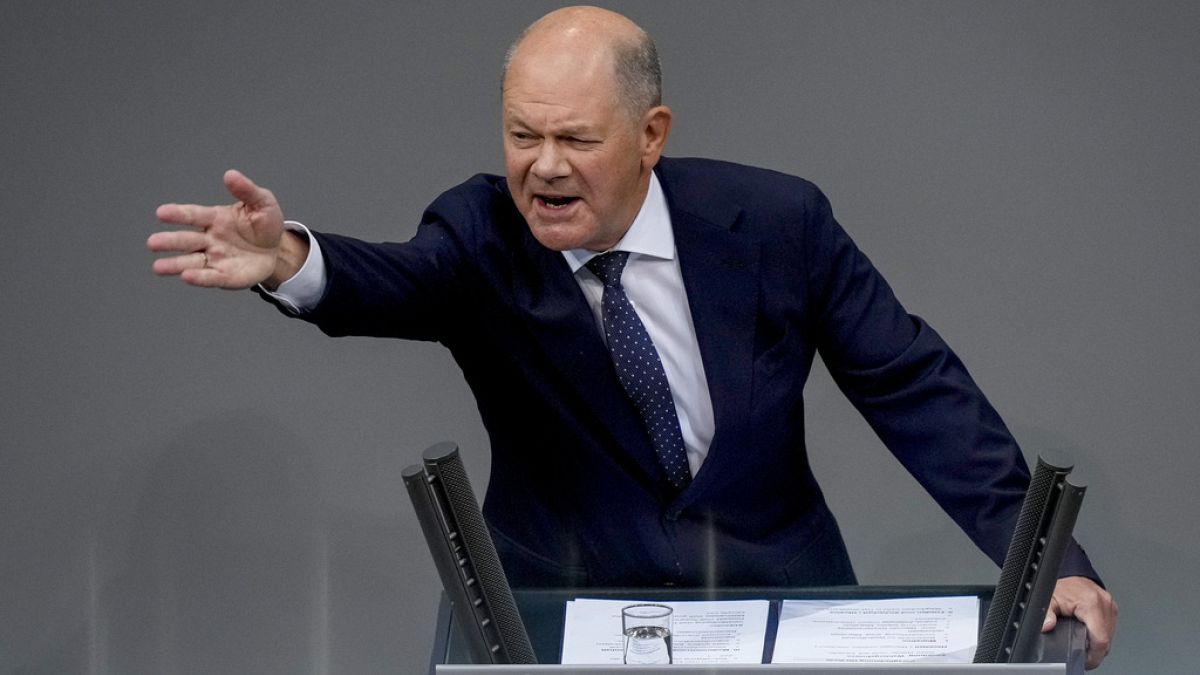German Chancellor Olaf Scholz recently discussed the importance of the government’s ability to choose who comes to Germany, despite the contributions many immigrants have made to the economy. Scholz emphasized the need for serious politics over theatrical performances, following the collapse of talks about migration with the opposition party CDU. He also addressed the recent success of the anti-immigrant hard-right party Alternative for Germany (AfD) in two state elections in eastern Germany, calling them “married to the past” and trying to rob the country of its future.
While Scholz defended his coalition government’s policy of welcoming migrants, other EU countries, such as Poland, have expressed concerns over Germany’s decision to extend controls to all land borders. This move is seen as undermining Europe’s Schengen zone and potentially destabilizing the EU as a whole. Scholz highlighted the importance of addressing the issue of a shrinking working population for economic growth, pointing out that countries with declining working populations struggle to maintain growth. He also emphasized the significance of pensions as a future tool for the country’s youth, as many pensioners struggle to cover costs amid rising living expenses.
AfD leader Alice Weidel criticized Scholz, referring to him as the “chancellor of decline.” She pointed to the recent issues at Volkswagen and the company’s plans to cut jobs and relocate abroad, citing lack of competitiveness in Germany as a reason. Weidel’s comments highlight the economic challenges facing the country, including the need for businesses to remain competitive and the impact of rising living costs on pensioners. Both far-left and far-right parties have been capitalizing on these issues in order to gain support among voters.
Scholz’s remarks come at a critical time as Germany grapples with economic challenges and political divisions. While the government’s policy of welcoming migrants has faced criticism from some EU countries, Scholz continues to defend the importance of immigration for the country’s future. The success of the AfD in recent elections serves as a reminder of the growing anti-immigrant sentiment in some parts of Germany and the need for addressing concerns about the impact of immigration on the economy and society.
As Scholz and other political leaders navigate the complexities of immigration policy, it is clear that finding a balance between welcoming migrants and addressing concerns about economic growth and competitiveness is essential. The debate over migration in Germany reflects broader discussions within the EU about the future of the Schengen zone and the challenges posed by demographic shifts and economic changes. Ultimately, the government’s ability to choose who comes to Germany while also promoting economic growth and addressing social issues will be key to shaping the country’s future.











